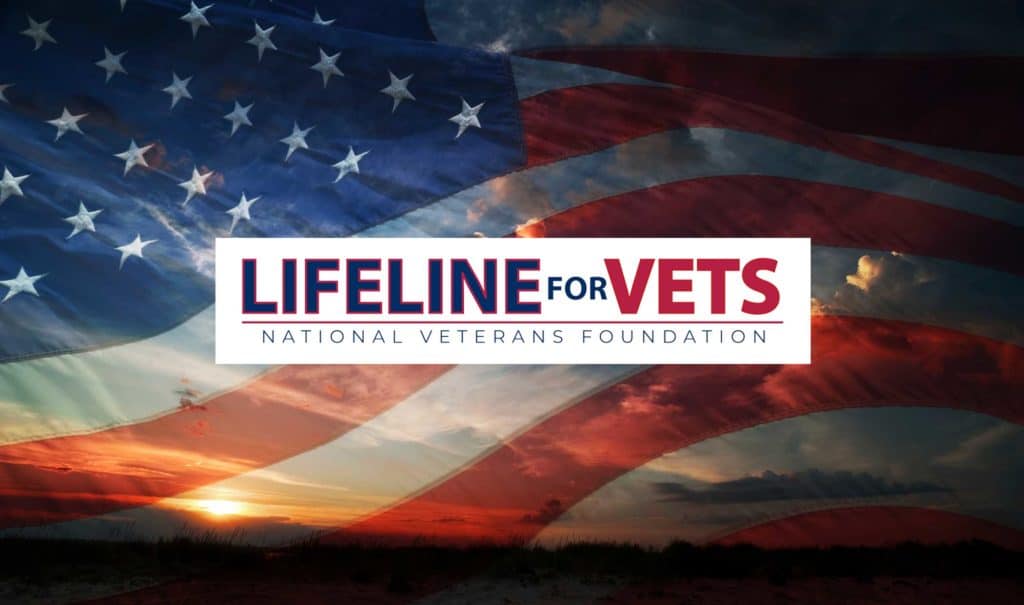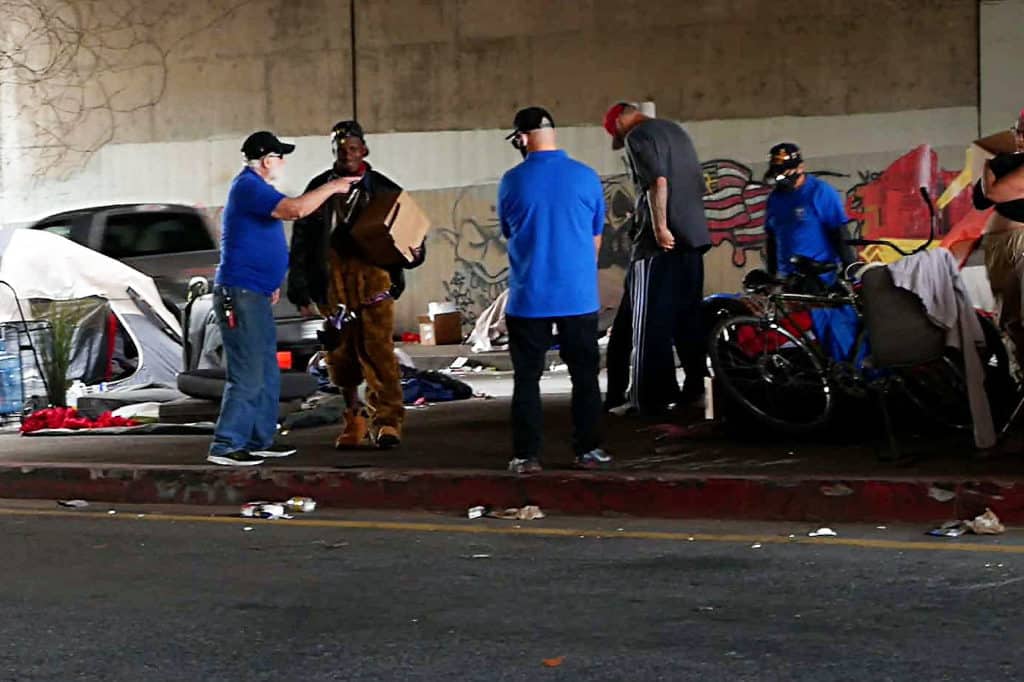Justice for All Veterans
Last month, CBS Sunday Morning ran a story by Lee Cowen about public defenders and their caseloads. Cowen interviewed Rhonda Covington, the only public defender in her judicial district of a thousand square miles. Covington’s case load is 500-600 cases a year. The American Bar Association’s standard is 150 per year.
My ears perked up because many veterans who end up in the justice system depend on public defenders for their defense. Why? Often, medical or employment issues prohibit hiring their own attorneys. In these cases, vets are doubly penalized, because not only are they likely to be assigned to an attorney who has an impossible case load, but there’s no guarantee that representation will include a veteran’s military service as mitigating evidence.

The prime case for this is one I’ve written about multiple times here: James “Sneaky” White, a decorated Vietnam veteran whose case was tried before PTSD was a recognized diagnosis. If you want to learn more about him, here’s a link.
Multiple appeals for his pardon and release have included the fact that his military service and subsequent PTSD were not considered in the trial. The appeals noted the length of time he’s been incarcerated, and particularly, the work he’s done in prison for fellow veterans. White has created veterans groups wherever he’s been transferred. He’s raised over $300,000 for veterans and community-based organizations while incarcerated. And he’s introduced college-credit and job certification classes into the prisons for inmates.
All appeals for clemency have been unsuccessful. A small cadre of dedicated vets who knew “Sneaky” keep tending that flame, trying again and again. The last appeal for clemency asked that Sneaky be released to spend the last days of his wife’s life with her. That didn’t happen. Over forty years he’s been in prison.
Imagine now a vet who finds himself in the criminal justice system as a result of the effects of PTSD or TBI (Traumatic Brain Injury). Maybe there’s a Veterans Court in the area, maybe not. As of 2015, only forty states had veterans courts. What are the chances of being assigned a public defender who’s familiar with the effects of military service, especially combat?
That’s what I thought too…like finding a needle in a haystack.
In 1989 the National Veterans Foundation published Defending the Vietnam Combat Veteran by Barry Levin and David O. Ferrier. In 2014, we sponsored the updated The Attorney’s Guide to Defending Veterans in Criminal Court by Brockton Hunter, Esq. and Ryan C. Else, Esq. Getting the word out and the book into the hands of attorneys is one of our areas of focus. Because our veterans deserve the best-prepared representation there is. Period.
If you know an attorney, here’s a link to the Veterans Defense Project.
If you know a veteran who needs help, here’s our vet-to-vet Lifeline for Vets: 888.777.4443.
You can be a part of our mission to help Veterans by making a tax-deductible donation!
About the Author
SUBSCRIBE TO OUR BLOG AND NEWS!
By submitting this form, you are granting: NATIONAL VETERANS FOUNDATION INC permission to email you. You may unsubscribe via the link found at the bottom of every email. (See our Email Privacy Policy for details.)
Related Posts




